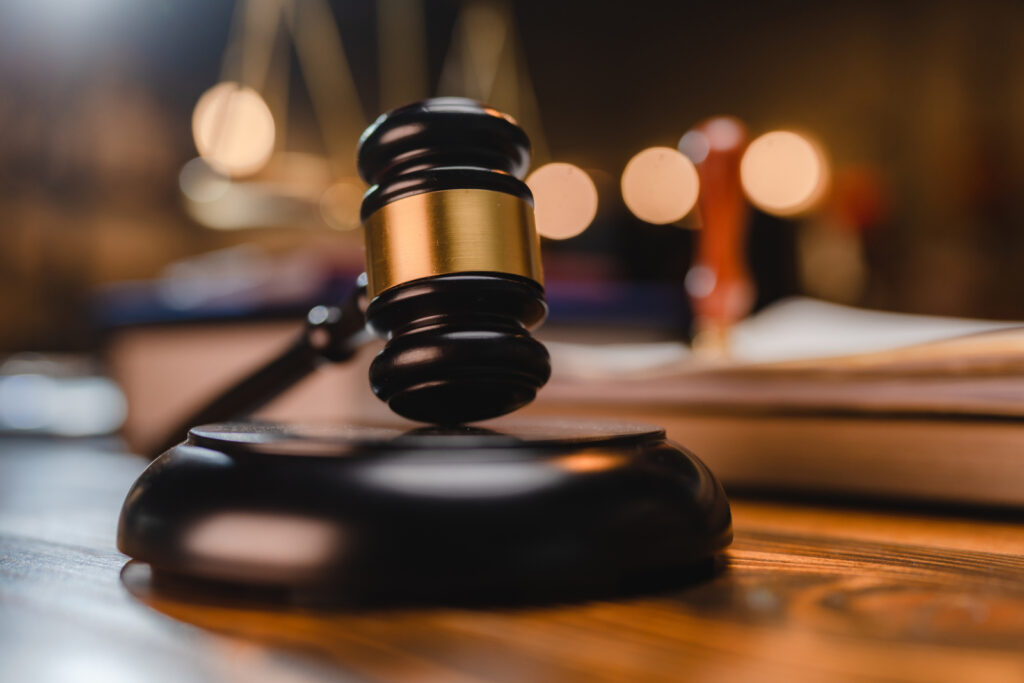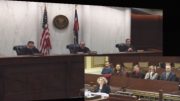By Jeffrey A. Roberts
CFOIC Executive Director
In a landmark ruling last month, the Colorado Supreme Court declared that statements made in connection with a formal Title IX investigation conducted by a public school district or university cannot serve as the basis for a defamation claim or any other civil tort action.
By extending “absolute privilege” to such statements in their June 9 decision, the justices removed the fear of retaliatory lawsuits from those who report sexual harassment or discrimination in most educational settings, underscoring the public policy of Title IX, which prohibits discrimination on the basis of sex in any educational program or activity that gets federal funding.

Otherwise, complainants would be subject to the threat of defamation liability “in a way that could discourage victimized students from reporting harassment out of fear that they, too, would be subject to personal tort liability,” Justice Melissa Hart wrote for the court. “The possibility that a student who reported harassment or even an assault might then face civil tort litigation — and possibly liability — for statements made during the reporting procedure is very likely to deter use of that reporting system.”
Colorado’s law is now in line with a handful of other states, including Indiana, Illinois, California and Ohio, that previously extended absolute immunity from civil claims to statements made in Title IX investigations. And it sharply contrasts with a highly publicized 2023 ruling in which the Connecticut Supreme Court determined that a woman who accused a fellow Yale University student of rape is not immune from liability for statements she made to Yale investigators.
Although witnesses in quasi-judicial (court-like) proceedings typically are afforded absolute immunity from defamation lawsuits, the Connecticut justices ruled that Yale’s Title IX disciplinary process was not quasi-judicial because it “lacked important procedural safeguards” such as the ability to cross-examine witnesses. And “for absolute immunity to apply under Connecticut law, fundamental fairness requires meaningful cross-examination in proceedings like the one at issue.”
In the Colorado case, however, the Supreme Court clarified that a proceeding is quasi-judicial “if it involves (1) a determination of the interests, rights, or duties of specific individuals and (2) the application of current law or policy to past or present facts.”
“[W]e have never said that due process protections are required to identify a proceeding as quasi-judicial,” Hart wrote. “Instead, whether a proceeding meets the requirements of due process is a question to be answered on its own.”
The Supreme Court’s ruling in Hushen v. Gonzales concerned two Evergreen High School students who accused a classmate of sexually harassing them. The school’s Title IX investigation led to the suspension of Benjamin Gonzales for three days and charges brought against him for unlawful sexual contact, but he was acquitted. A reopened Title IX investigation found that Gonzales “had not, in fact, engaged in any conduct that violated its school policies.”
After Gonzales sued both of his accusers and their mothers for defamation about a year later, the defendants in the lawsuit filed a special motion to dismiss under Colorado’s anti-SLAPP statute, arguing that statements they made during the school’s investigations were part of quasi-judicial proceedings and, therefore, were protected from use in a tort action.
The Court of Appeals in 2023 allowed the lawsuit to proceed. “Both the trial court and a division of the court of appeals concluded that the Title IX proceedings were not quasi-judicial,” the Supreme Court’s ruling says.
But the proceedings were quasi-judicial, the justices decided, because they “involved consideration of the rights and obligations of a specific individual through the application of preexisting policies to present and past facts.”
“That is the end of our quasi-judicial inquiry,” Hart wrote. “Therefore, any statements made during the District’s Title IX proceeding are protected by absolute privilege and cannot be used as the basis for a civil lawsuit against the participant who made those statements. The possibility that the proceeding did not comply with the District’s published grievance process has no bearing on whether the proceeding was quasi-judicial. Nor does the fact that it looked very little like a judicial process held in a court system.”
In a June 10 Facebook post, the Rocky Mountain Victim Law Center applauded the Supreme Court’s ruling: “This means survivors and others involved cannot be sued for what they say during these proceedings — a powerful protection that allows them to speak freely and safely.”
First Amendment attorney Steve Zansberg, who is president of the Colorado Freedom of Information Coalition, represented one of the two families named as defendants in the Colorado case. The family said in a statement, “We are grateful that the Supreme Court has reached the correct result and extended absolute protection from retaliatory lawsuits, like this one, to students and others who exercise their free speech rights in availing themselves of the protections of Title IX. Without such protection, the whole purpose of that statute — guaranteeing all students a safe learning environment, free from sexual harassment — would be lost.”
Follow the Colorado Freedom of Information Coalition on X or BlueSky. Like CFOIC’s Facebook page. Do you appreciate the information and resources provided by CFOIC? Please consider making a tax-deductible donation.




